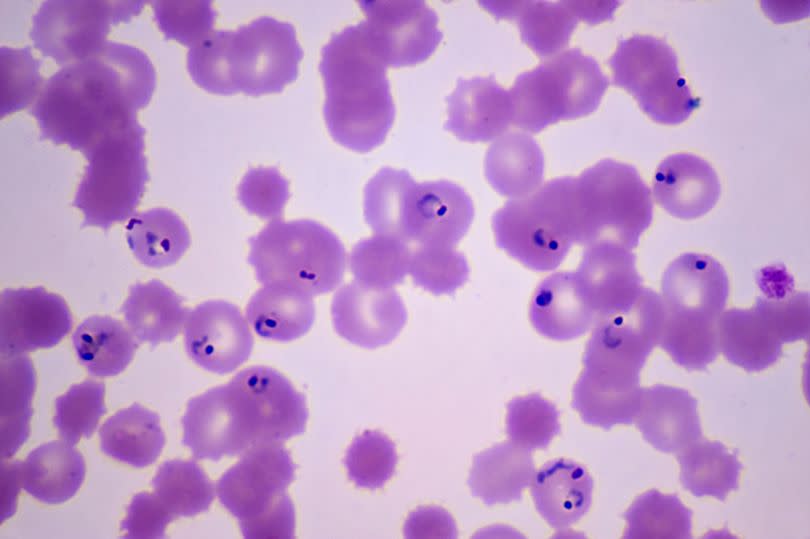UK health officials warn of highest level in 20 years of disease being brought back from holiday

Health chiefs have issued an alert for a tropical disease which holidaymakers have been coming back to the UK infected with. Today the UK Health Security Agency said the number of cases diagnosed in travellers coming home was the worst for 20 years.
In 2023, a total of 2,004 malaria cases were confirmed among individuals who had recently travelled abroad, showing a significant increase from 1,369 cases recorded in 2022. In a message on X today the UKHSA said: “Our latest data show a concerning rise in travel-related cases of #malaria, with the highest number of diagnoses in 20 years.“
The UKHSA has said: “In the UK the threat from vector-borne diseases is on the rise, due to factors like growing global travel and trade, changes in land use and climate change.
“According to the latest data, imported malaria cases to England, Wales and Northern Ireland in 2023 have exceeded 2000 cases for the first time in 20 years. Cases were confirmed in individuals who had recently been abroad. The number of cases highlights the importance of taking precautions to minimise the risk of malaria when travelling abroad.”
Last month The UKSHA released new figures showing soaring levels of illnesses including dengue and malaria caused by exposure to mosquitos in travellers coming home to the UK. Those illnesses can cause severe disease, and officials say it highlights the need for travellers to take precautions to reduce health risks while abroad. Cases were confirmed in parts of the UK in individuals who had recently been abroad.
A total of 1,637 malaria cases were confirmed in England from January to October 2023. Cases returned to pre-pandemic levels, similar to the 1,719 cases reported in the UK in 2019 and matching closely with the average of 1,612 cases reported between 2010 and 2019. The WHO reports that in 2022, global malaria cases were estimated at 249 million, surpassing pre-pandemic levels by 16 million compared to 2019.
To mitigate the risk of malaria, health experts emphasise following the ABCD of malaria prevention:
Awareness of risk: Travelers should be aware of the malaria risk in their destination and seek appropriate advice.
Bite prevention: Use insect repellents, cover exposed skin, and sleep under treated bed nets.
Chemoprophylaxis: Take malaria prevention tablets as prescribed.
Diagnose promptly and treat: Seek immediate medical attention if malaria symptoms develop.
The UK Health Security Agency (UKHSA) spoke out saying holidaymakers should check well in advance of their trip, to ensure they have enough time to get any necessary vaccinations. Illnesses which people have caught abroad and brought back to the UK include measles, mumps, rubella, polio, hepatitis, meningitis, and tetanus.
The UKHSA also warned that even when vaccinated it can take a few weeks for the immunity to take effect. Dr Mary Ramsay, Head of Immunisation at UKHSA, said: “Nobody wants to get stricken down with sickness on their holidays or when travelling far away from home and it can be especially stressful and worrying if your child gets ill - sadly this does happen, but for many serious illnesses it is preventable.
“That’s why it’s so important if you’re going on holidays overseas to be sure that you and all your family, especially young children, are up to date with all routine NHS vaccines well before you travel, in particular both MMR vaccines.
“Measles is one of the most highly infectious diseases and some countries are currently seeing very large outbreaks. There is also the risk of returning home and spreading measles to unvaccinated family and friends, with infants and pregnant women at high risk of serious illness or life-long complications.”

 Yahoo News
Yahoo News 
